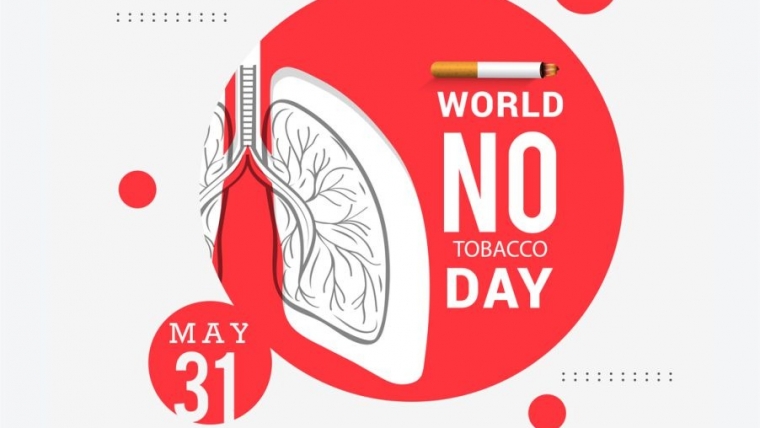Alcoholism (Alcohol Dependence) involves all the symptoms of alcohol abuse, but also involves additional factor such as Physical Dependence – Tolerance and Withdrawal. If the individual relies on alcohol to function or feels physically compelled to drink, then he is an alcoholic.
Alcohol abuse generally refers to people who do not display the characteristics of alcoholism, but still have a problem with it. They are not as dependent on alcohol as an alcoholic is; they have not yet completely lost their control over its consumption.
A person who abuses alcohol may have many of these signs and symptoms – but they do not have the withdrawal symptoms like an alcoholic does, nor the same degree of compulsion to drink.
Alcohol abuse and alcoholism are associated with a broad range of medical, psychiatric, social effects, legal, occupational, economic, and family problems. For example, parental alcoholism underlies many family problems such as divorce, spouse abuse, child abuse and neglect, welfare dependence, and criminal behaviors, according to government sources.
Signs and Symptoms of alcoholism and alcohol abuse include:
- Drinking alone and drinking is secret (nobody gets to know about drinking).
- The individual is unable to limit the amount of alcohol being consumed.
- Blacking out – not being able to remember things, conversations and commitments.
- Always has a strong urge or compulsion to drink.
- Storing of alcohol in unlikely places, worrying that they won’t get enough alcohol for evening or weekend.
- Gulping drinks down in order to feel good.
- The individual drinks in the morning, during the day and are often drunk for long period of time.
- The individual has problems with the law (caused by drinking), has problem at workplace (caused by drinking, or drinking is the root cause), and has financial problems (caused by drinking).
- Alcohol Tolerance, the individual needs large quantity of alcohol to feel the same effect.
- Alcohol Withdrawal: As the effect of the alcohol wears off one may experience withdrawal symptoms like anxiety, shakiness or trembling, sweating, nausea and vomiting, insomnia, depression, irritability, fatigue or loss of appetite and headaches. Many drink to steady the nerves, to stop the shakes in the morning. Drinking to relieve or avoid withdrawal symptoms is a sign of alcoholism and addiction.
- In severe cases, alcohol withdrawal can be life-threatening and involves hallucinations, confusion, seizures, fever, malnutrition and agitation. These symptoms can be dangerous and should be managed by a physician specifically trained and experienced in dealing with alcoholism and addiction.
- The individual has a set-up ritual of drinking at a certain time and they become annoyed/irritated when this ritual is disturbed or questioned. For e.g. drinking immediately after leaving the office at 7pm.
- The individual is spending less time in activities like hanging out with family and friends, exercising, pursuing their hobbies or other interests because of the use of alcohol. They have just lost the interest in them.
- The individual feels irritable when drinking time approaches. This feeling is more intense if alcohol is unavailable or it may not be made available to him.
- The individual wants to quit drinking, but he/she can’t. The individual has a persistent desire to stop alcohol use, but the efforts to quit have been unsuccessful.
- Alcohol is taking away a great deal of energy and focus. The individual spends a lot of time drinking, thinking about it, or recovering from its effects.
- The individual drinks knowing that it’s causing problems. For e.g. The individual knows that alcohol is ruining their married life, family life, social life, causing health problems, but they still continue to drink anyways.
- The individual switches from liquor to beer or wine because they think that doing this will help them drink less or keep them from getting drunk.
- The individual feels guilty after drinking. They make excuses for drinking or do things to hide drinking, such as buying alcohol from different stores.
- The individual may have physical signs of alcohol dependence, such as weight loss, sore or stomach upset, or redness of the nose and cheeks.
If an individual has been binge drinking or having any other problems with alcohol, the individual may have many of the signs and symptoms mentioned above but although one may not have such a compulsion to drink compared with someone who is alcoholic. Also, the individual may not have physical withdrawal symptoms when they don’t drink. But this pattern of drinking can still cause serious problems and lead to alcoholism.
References:
http://www.helpguide.org/mental/alcohol_abuse_alcoholism_signs_effects_treatment.htm
http://www.ncadd.org/index.php/learn-about-alcohol/signs-and-symptoms
http://www.mayoclinic.com/health/alcoholism/DS00340/DSECTION=symptoms
http://www.webmd.com/mental-health/alcohol-abuse/alcohol-abuse-and-dependence-symptoms




